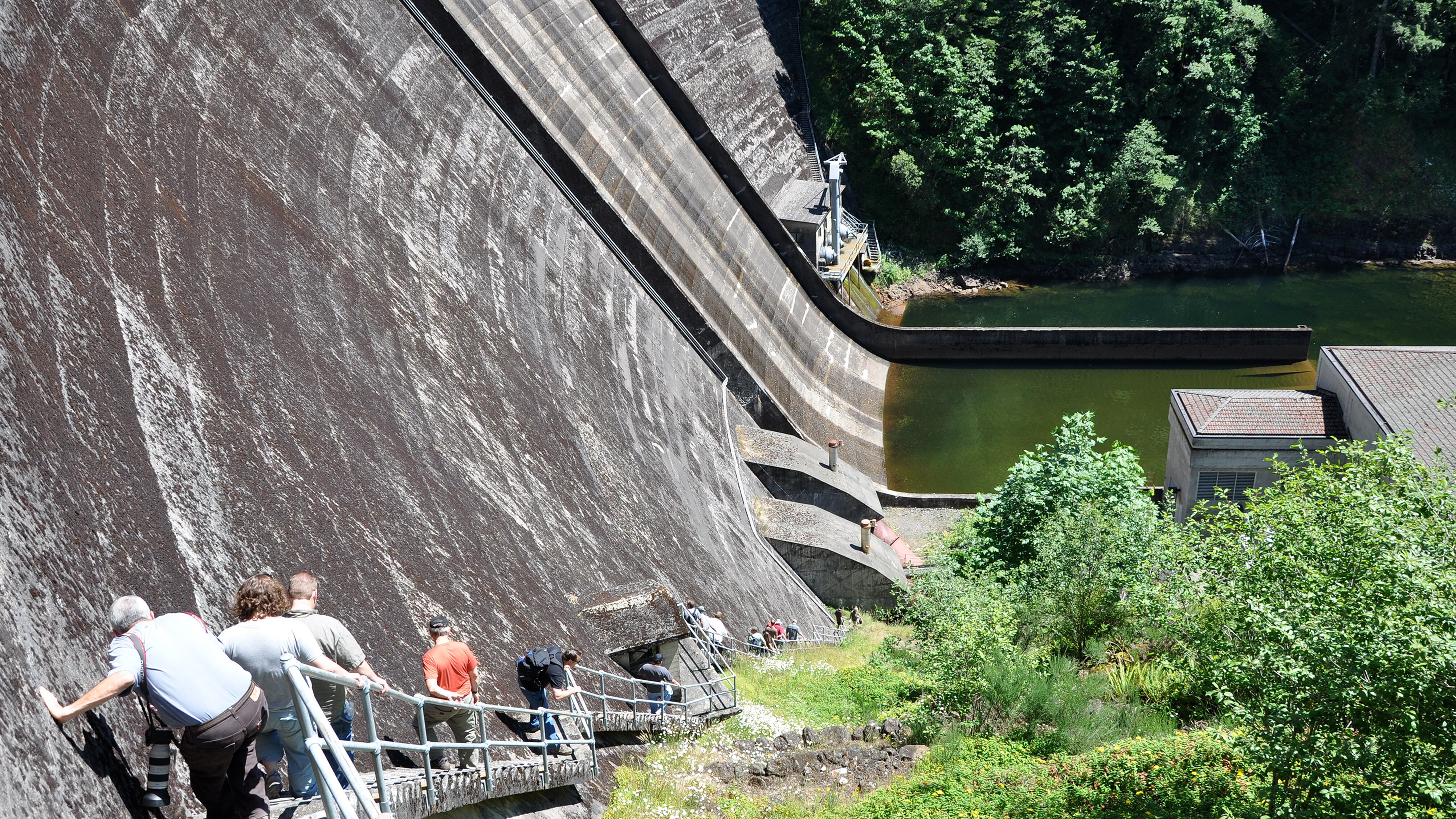The Portland Water Bureau is proposing new chemical treatments to make Portland's water less corrosive to lead and copper pipes and fixtures.
Among the possible chemicals the city is considering adding to the water: CO2, like what's used in carbonated beverages, or sodium carbonate.
The project would cost an estimated $15 to $20 million and would be finished by 2023. Some of that costs will go to construction of new facilities: A Water Bureau spokeswoman says these "will likely include a new building to house chemical storage tanks, pumps, piping and associated equipment."
The first part of the project will be brought to City Council next week, and follows findings that show the city water system has exceeded the federal action level for lead corrosion last fall.
As The Oregonian reported last fall, the Oregon Health Authority demanded the city come up with a way to further reduce lead levels in the water. The Water Bureau has already adjusted the chemistry of the water; the project would further that effort.
The Water Bureau's announcement notes that the bureau's current treatment has reduced the lead levels by up to 70 percent since 1997.
After a lead scandal rocked the Portland Public Schools and led to the resignation of Superintendent Carol Smith last summer, the district is embarking on separate plans to switch out fixtures and pipes. Changes to the city's water will not affect those plans, school officials said.
Correction, 6:15 pm: This post has been corrected to remove any references to a new plant, which will not be part of the treatment project.
